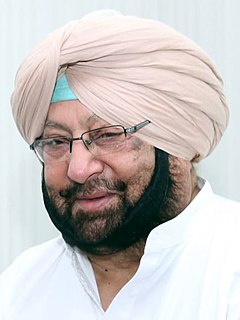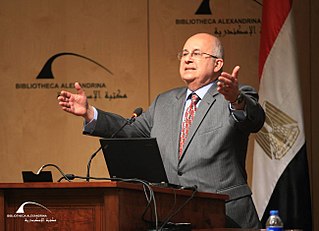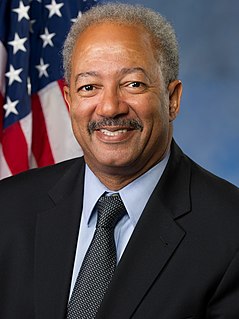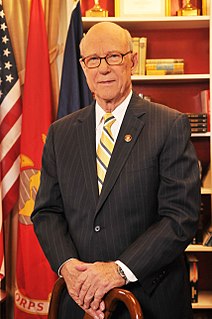A Quote by M. S. Swaminathan
Agriculture is the backbone of the livelihood security system of nearly 700 million people in the country and we need to build our food security on the foundation of home grown food.
Related Quotes
Sara Scherr and Jeff McNeely have given us a thoughtful, sensible book about a topic of great importance to the world. There is no food security, no poverty reduction, no environmental sustainability without transforming our agricultural practices. The book ?presents well documented cases of best practices from all over the world. It should be required reading for all concerned with agriculture, the environment, food security or just the future of our children.
For example, they have land. The government of Qatar wants to lease the Tana River delta, which is in Kenya, from the Kenyan government, so that they can produce food there. People in Kenya need food. We have people who have studied agriculture. Why is it that if we really need food, we cannot go into the delta and develop our own food?
To a very great extent, it's the fast-food industry that really industrialized our agriculture - that drove the system to one variety of chicken grown very quickly in confinement, to the feedlot system for beef, to giant monocultures to grow potatoes. All of those thing flow from the desire of fast-food companies for a perfectly consistent product.
Food security is not in the supermarket. It's not in the government. It's not at the emergency services division. True food security is the historical normalcy of packing it in during the abundant times, building that in-house larder, and resting easy knowing that our little ones are not dependent on next week's farmers' market or the electronic cashiers at the supermarket.
I think our former first lady said it last month in one of her first speeches since leaving the White House, I think I'm getting the quote nearly right- "Who could possibly be against feeding children wholesome, good food?" Well, it turns out there are people who are against feeding children wholesome good food and there are people who are against solving our homelessness problem, they're against solving our food security issues and by and along political lines.
Lets all be reminded, 60 million Americans are on Social Security, 60 million. A third of those people depend on 90% of their income from Social Security. Nobody in this country is on Social Security because they made the decision when they were starting work at 14 that they wanted to trust some of their money with the government.




































